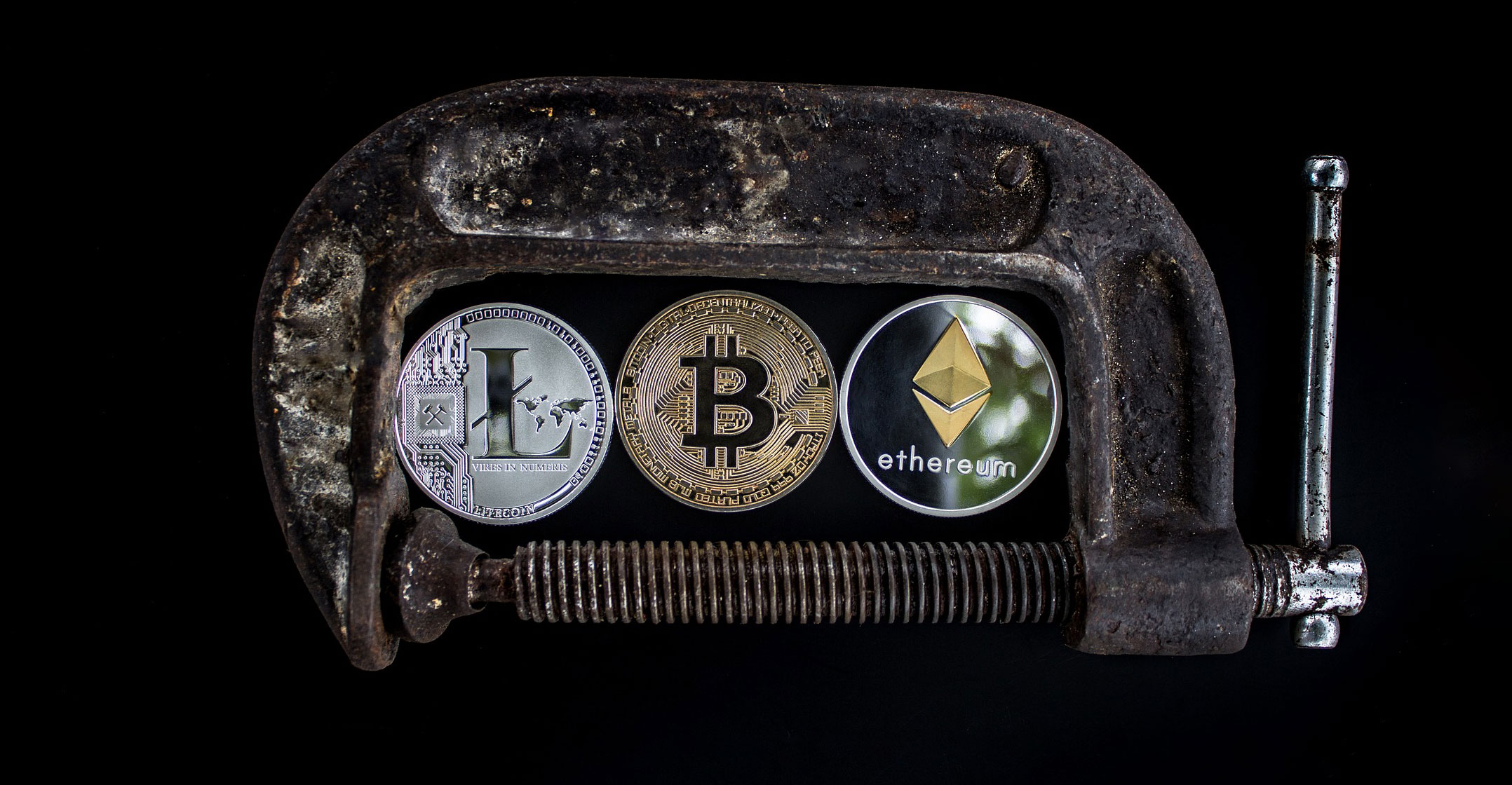 Money has evolved over thousands of years and continues to change. The world is in the middle of one of these major changes and cryptocurrency ultimately will upgrade the world to a better financial system despite the volatility.
Money has evolved over thousands of years and continues to change. The world is in the middle of one of these major changes and cryptocurrency ultimately will upgrade the world to a better financial system despite the volatility.
It’s vital to create a financial system that is in sync with the way consumers want to use money.
All over the world, there has been a dramatic swing in consumer behaviour. Increasingly savvy consumers want and expect things cheaper or free, faster, safer and more customised to their needs, with more overall control. Consumers expect money to work in the same way.
Just a decade ago, the idea of a single, open and completely transparent currency or payment system would have seemed like sci-fi. But with new technology in decentralised cryptocurrency like bitcoin, this system is now available and can play a key role in meeting the efficiencies consumers demand. Cryptocurrencies address money at its very core, which allows us to imagine and implement things in a completely different way — a true paradigm shift.
Contrast it with telecommunications: landlines morphed to mobile phones, which allow talking, texting, Skyping and Whatsapping. Mobile communications have become cheaper, faster and easier to use than the previous technology. Money is undergoing the same transition.
Next stage of money
Paper money was good for in-person transactions and storing value physically. Digital money makes transacting better through faster and cheaper payments, remittances, international e-commerce and new online products and services that cannot be accessed with physical cash. Cryptocurrency is the next stage of this evolution, not just making transactions and storing money more efficient, but also offering access to new asset classes and a new economy of goods and services, often referred to as “decentralised applications”.
Cryptocurrency adoption is moving much faster than most people realise. According to Luno’s latest research across 10 countries, consumers from South Africa, Indonesia and Malaysia reported higher levels of cryptocurrency familiarity and ownership compared to their European counterparts.
In South Africa, 69% of respondents indicated that they were familiar with cryptocurrencies, while almost a third (29%) said that they owned a cryptocurrency. More than half of South African respondents indicated that they are interested in buying a cryptocurrency.

Cryptocurrencies are already here, they’re growing, and while some challenges like scaling and regulation remain, they are quickly being addressed in a globally coordinated way by a vast number of key stakeholders. If one compares what the industry looked like five years ago to how it looks today, the image of what it might look like in the next five years is compelling.
A new, better financial system will positively impact consumers daily. They will have money that can be moved around cheaper, faster and safer and that cuts out unnecessary intermediaries and accrues value to consumers. Products and services can be completely interoperable with a good balance between transparency and privacy. We can look forward to a much better user experience.
This new financial system will become more effective, less restrictive and with less costly regulation. Money will become intelligent and programmable. Most importantly, we will have a fair financial system with open and equal access for everyone.
- Marius Reitz is GM for Africa at Luno




